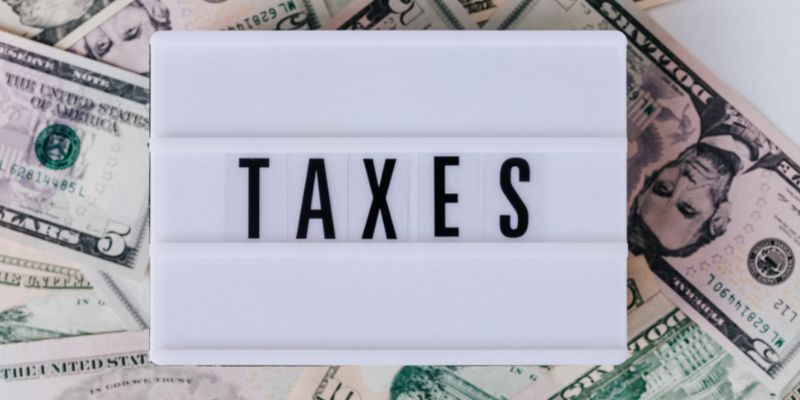What are the Taxes on Stocks
Understanding how the taxes on stocks might affect your tax bill is crucial, even if investing in stocks can be a fantastic method to develop wealth and provide financial stability for one's future.
If you have held the shares for more than a year, any profit you earn from the sale of those shares is subject to taxation at a rate of 0%, 15%, or 20%; if you have held the shares for a year or less, the profit is subject to taxation at your standard rate. In most cases, you are required to pay taxes on any dividends you get from stock.
Capital Gains Taxes
When you profit from the sale of shares of stock that you have been holding in a standard brokerage account, you may be required to pay capital gains taxes on the profits from those shares. There are two distinct forms of taxes on capital gains:
- The earnings from the sale of an asset held for less than one year are subject to a tax known as the short-term capital gains tax. Your income tax bracket dictates the rates that apply to the taxation of your short-term capital gains.
- The earnings from the sale of an asset held for more than 1 year are subject to a tax known as capital gains tax long-term. Depending on your filing status and taxable income, tax rate is either 0%, 15%, or 20%.
- The tax rates applicable to long-term capital gains are often lower than those applicable to short-term capital gains. This may result in a decreased amount of taxes owed on selling shares.
Taxes on Dividends
In most cases, dividends are considered taxable income. Two categories of dividends are relevant to the tax code: qualified and nonqualified. Ordinary dividends are a term that is occasionally used to refer to nonqualified dividends. The tax rate for nonqualified dividends is identical to the tax bracket that applies to the rest of your income. Depending on your filing status and taxable income, the tax rate on qualifying dividends may be as low as 0%, as high as 15%, or as high as 20%. This rate is often lower than the rate that applies to dividends that are not eligible.
- In either scenario, individuals who are in higher tax rates have a greater obligation to pay taxes on their dividend income.
- How and when you hold an investment that pays dividends may significantly impact the tax bill associated with that income.
- See Publication 550 of the Internal Revenue Service for more information about the many exemptions, peculiar situations, and peculiar rules.
How to Pay Lower Taxes on Stocks
Consider the long-term as opposed to the immediate results
If you keep the shares for a period that allows them to qualify as eligible dividends, you can reduce the tax you owe on your dividend income. Be careful, however, that doing so is separate from your other investing goals.

If you can, try to keep an asset for more than a year before selling it so that you may take advantage of the lower tax rate applicable to long-term capital gains. This tax rate is much lower than the rate that applies to profits on short-term investments for most assets. However, before you keep the investment for so long, you must ensure that it fits your long-term financial objectives.
Make up for any profits with the use of investment capital losses
Your "net capital gain" is the term that describes the difference between your total capital profits and your total capital losses. However, if your losses are more than your profits, you will have what is known as a "net capital loss," and you will be able to use this loss to offset up to $3,000 of your regular income (or $1,500 if you are married and filing separately).
Keep the shares in a tax-advantaged account such as an IRA, 401(k), or another account
Stock dividends and profits in a traditional IRA may be tax deferred, while those in a Roth IRA may be tax-free. However, in most cases, investors will still have to pay taxes on dividends and capital gains on equities held in a traditional brokerage account. As long as the funds remain in the 401(k), you won't have to pay taxes on the growth of your assets, interest, dividends, or other investment gains.










